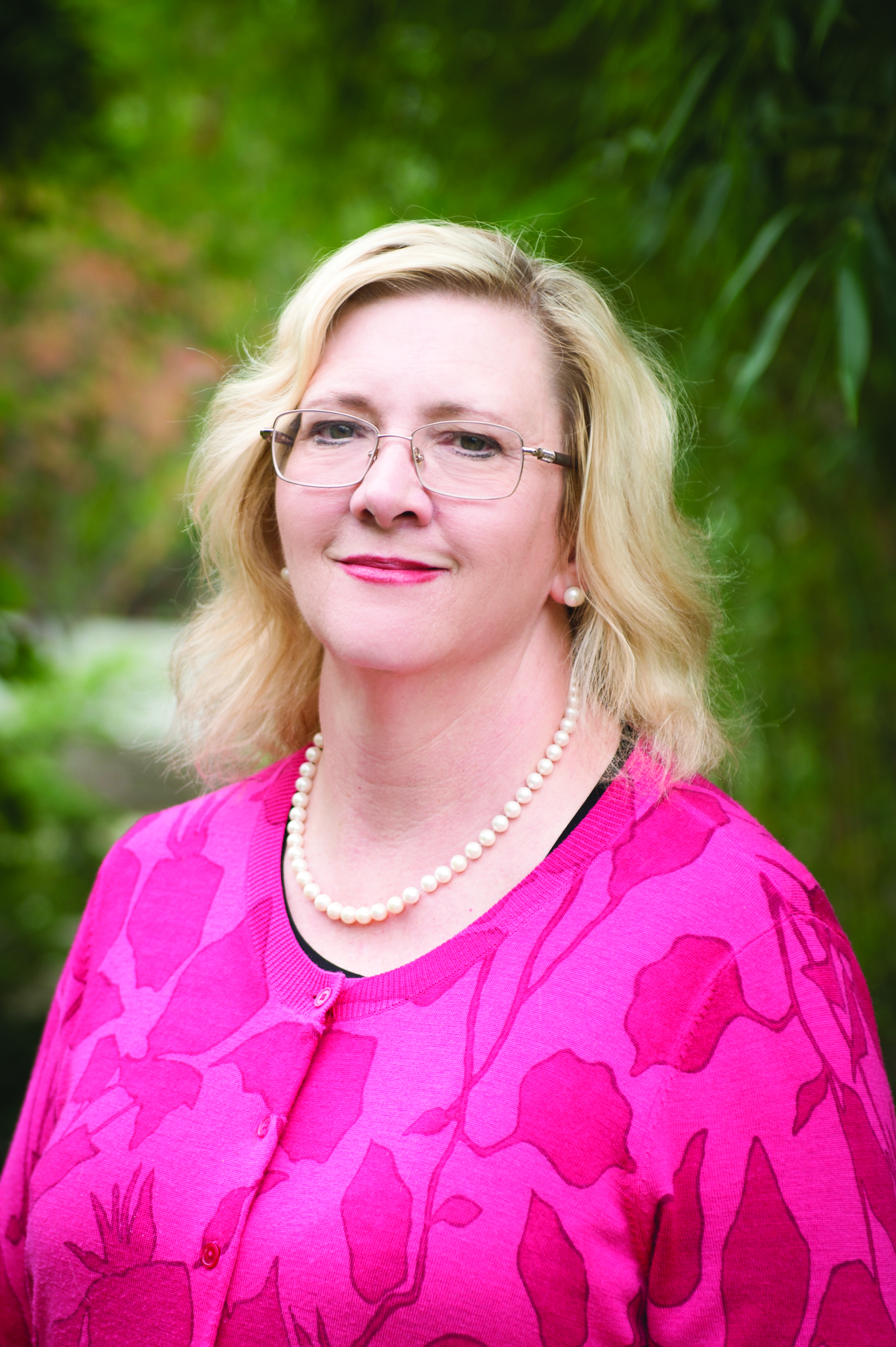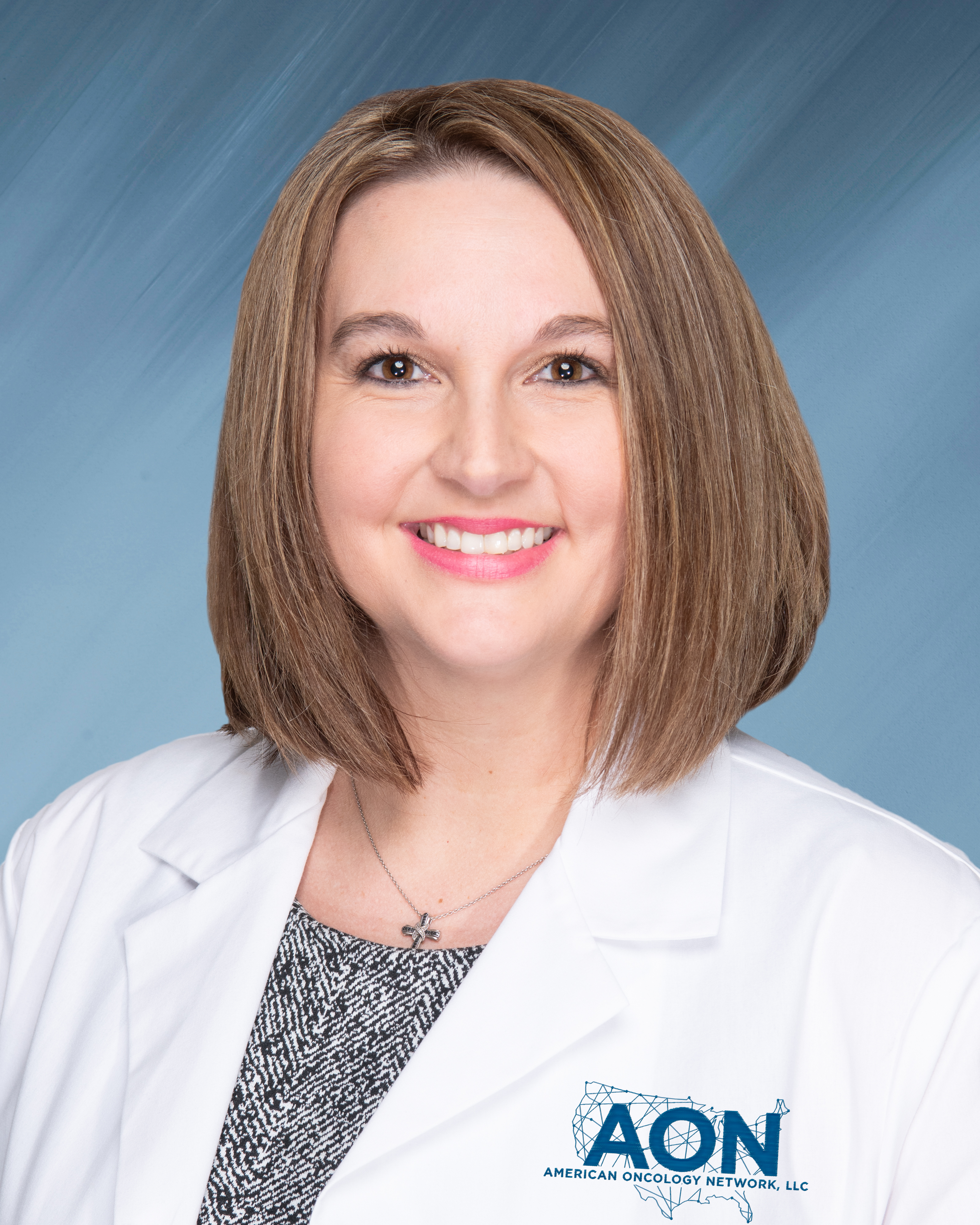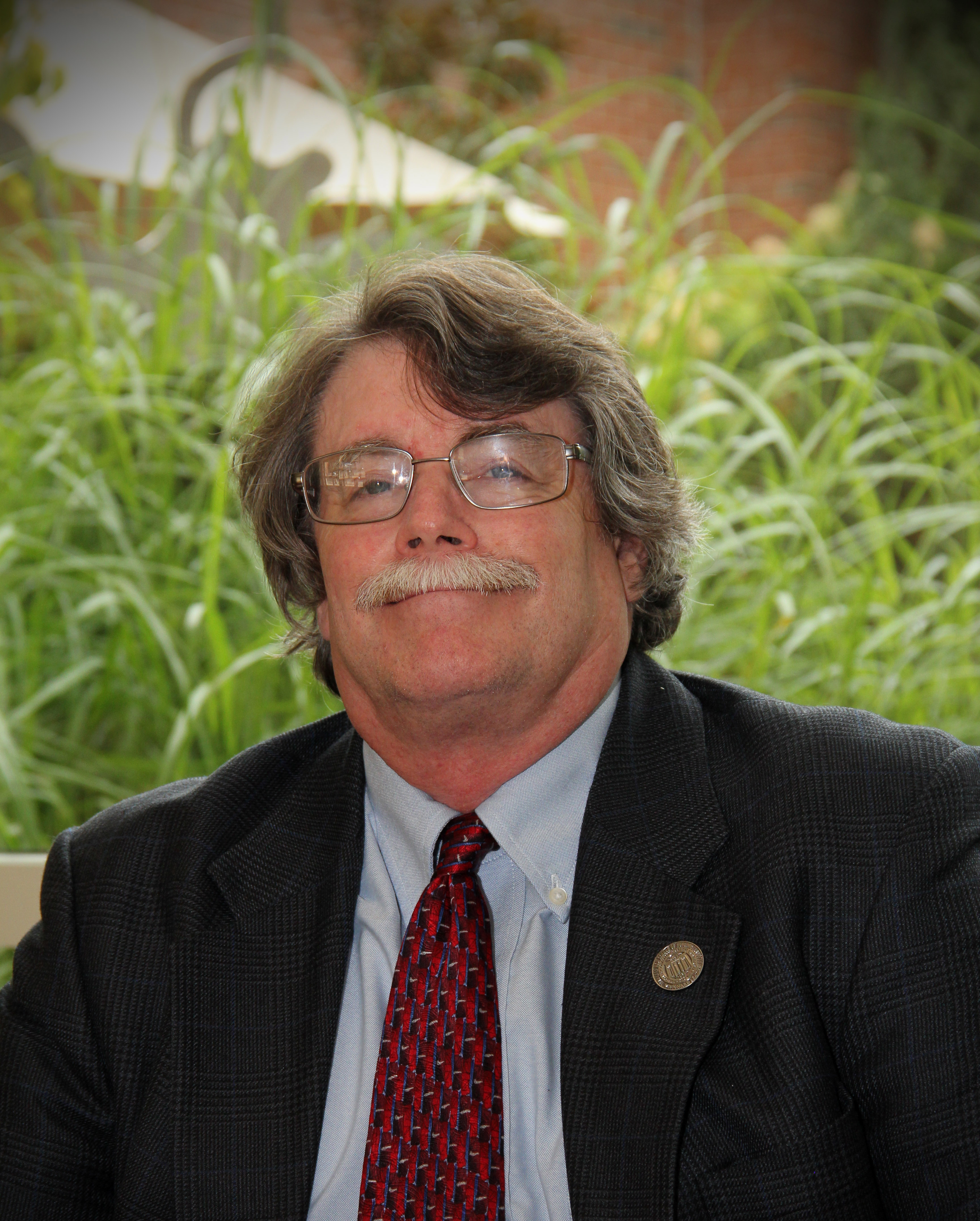ELNEC Milestone Marks Transformation of EOL Care for Countless Patients With Cancer
More than one million nurses and other professionals have received training in end-of-life (EOL) care through the End-of-Life Nursing Education Consortium (ELNEC) program in the past 20 years, the American Association of Colleges of Nursing (AACN) reported (https://www.aacnnursing.org/News-Information/Press-Releases/View/ArticleId/24730/ELNEC-Historic-2020-Milestone) on November 6, 2020. The training has transformed EOL care (https://voice.ons.org/stories/end-of-life-care-helps-patients-pursue-purpose-in-the-presence-of-pain) around the world, including for patients with cancer.

To get a sense of the magnitude of the program’s reach (https://www.aacnnursing.org/ELNEC/About), more than 39,000 nurses and other professionals representing all 50 U.S. states and 100 international countries have been trained to date, including 15,000 directly through 252 national ELNEC train-the-trainer courses, according to Senior Research Specialist and ELNEC Project Director Rose Virani, RNC, MHA, FPCN, who is an ONS member. Those individuals then go out to their institutions and train others, which means that the number of patients with cancer who have been touched by the training concepts over the past 20 years is vast.
The program’s roots have another ONS connection: it was developed by ONS member Betty Ferrell (https://voice.ons.org/news-and-views/ons-member-receives-asco-award-for-transforming-cancer-palliative-care), MSN, PhD, and colleagues as a joint initiative between AACN and City of Hope National Medical Center in Duarte, CA.

ONS member Tiffany McConathy, MSN, APRN, FNP-C, AOCNP®, who attended the program in 2019 in Atlanta, GA, described it as “a must-do for anyone working in the oncology setting to better care for our population with incurable diseases.” McConathy works at Genesis Cancer Center, a division of American Oncology, in Hot Springs, AR.
She recently cared for a patient with metastatic lung cancer undergoing a third line of therapy. Each treatment caused side effects, treatment delays, and declines to her patient’s quality of life. After the first cycle of his third line of treatment, he told her that his quality of life was waning.
“We had an extensive discussion about continuing treatment versus maintaining quality of life,” McConathy said. “Because I attended ELNEC, I feel I was adequately able to give him a treatment plan that catered toward quality of life. He was extremely pleased with this. I had the basics beforehand, but the in-depth knowledge I learned through the course was invaluable.”
McConathy said that her small community, which also serves six even smaller communities, had no palliative care programs available within 60 miles when she initially took the ELNEC training.
“It was necessary to bring back knowledge to our community to share with our patients and other providers in our city and local communities,” she explained. “In Arkansas, palliative care is widely misunderstood and taken to mean hospice care. I wanted to learn how to incorporate palliative care into my current practice without the stigma of hospice.”

And in the era of the COVID-19 coronavirus pandemic, Ferrell said that the need for palliative care has become even more crucial at this time. “Nurses caring for patients with COVID-19 face critical needs for additional training in symptom management, communication skills, family support and bereavement care as well as self-care,” she said. “ELNEC works tirelessly to provide this education.”
With the shift to online learning in many nursing schools, 757 undergraduate and graduate nursing programs with more than 52,000 nursing students have completed the course in 2020, according to AACN (https://www.aacnnursing.org/News-Information/Press-Releases/View/ArticleId/24730/ELNEC-Historic-2020-Milestone).
When Ferrell announced the milestone to the ELNEC train-the-trainer faculty, she received an outpouring of support and gratitude for the program. One such faculty member was ONS Immediate Past President Laura Fennimore, DNP, RN, NEA-BC.
“In these days, when number counting seems to be top of mind for many people, this is an impressive number! But not nearly as much as the unfathomable number of people whose lives have been made better because of this work,” Fennimore said. “I am grateful that oncology nurses have been so integrally involved in this important education that allows nurses to help people with cancer to make the most of every day.”
ONS member Patrick J. Coyne, MSN, ACHPN, ACNS-BC, FAAN, FPCN, who is also part of the ELNEC national faculty and one of the original program authors, said that he uses the skills he learned through ELNEC every day in his practice, helping with pain and symptom management and communication with patients and their families. He is a clinical nurse specialist and assistant professor and director for Palliative Care at the Medical University of South Carolina in Charleston.
“I’m very biased, but I think it’s needed by every nurse caring for patients with life-threatening illnesses,” Coyne said. “I cannot imagine caring for patients without the knowledge which this program chairs. It’s essential to competent nurse and practice.”
